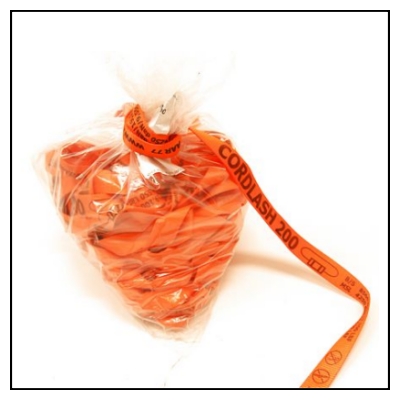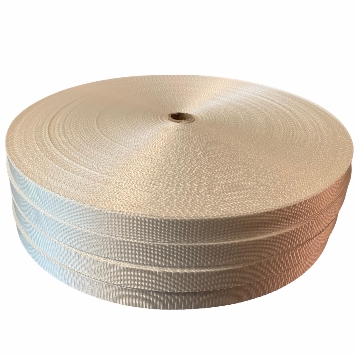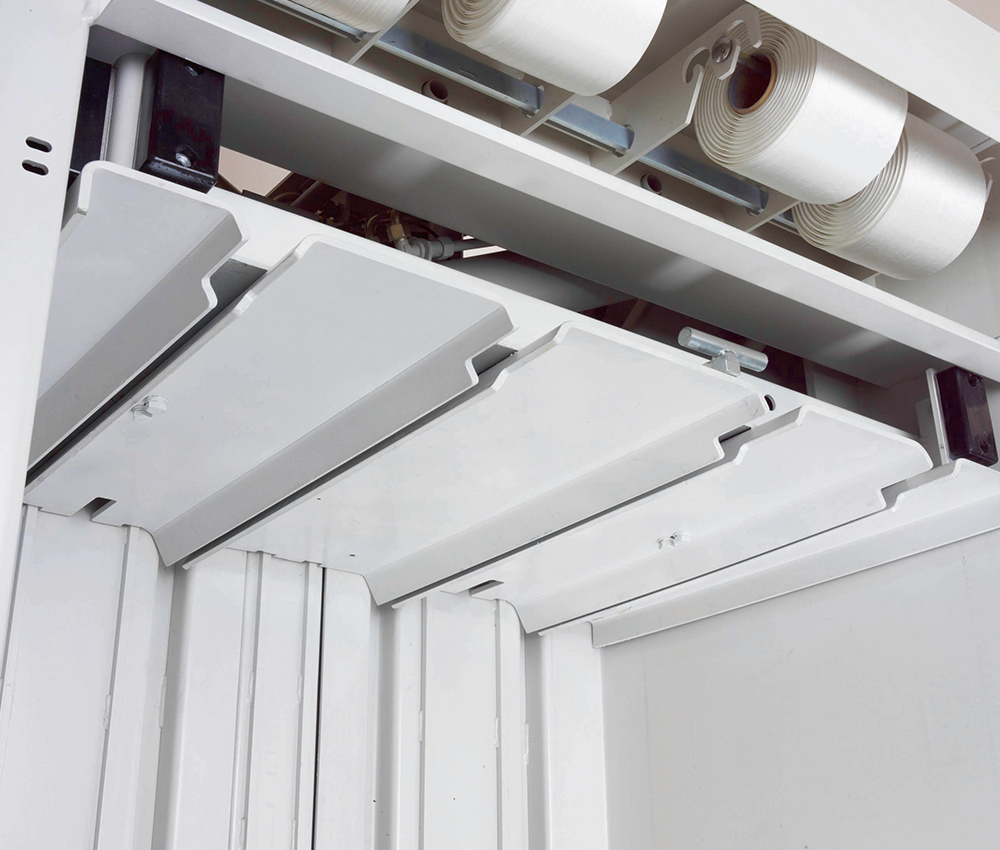General News
Exploring Plant Fiber Straps: A Sustainable Innovation
Introduction
In today’s world, where sustainability and eco-friendliness have become paramount, innovative materials are gaining attention for their potential to replace conventional options. One such innovative product is the plant fiber strap. Made from natural plant fibers, these straps offer various applications across multiple sectors, blending strength and sustainability seamlessly.
What is a Plant Fiber Strap?
A plant fiber strap is a durable and flexible strip made from the fibers of various plants, such as jute, hemp, sisal, or coir. These fibers are known for their strength, resilience, and biodegradability. The manufacturing process of plant fiber straps often involves extracting fibers from plants, followed by weaving, braiding, or pressing them into durable bands suitable for various uses.
Characteristics and Benefits
- **Eco-Friendly**: One of the most significant advantages of plant fiber straps is their eco-friendliness. Unlike synthetic straps made from petroleum-based materials, plant fiber straps are biodegradable and can decompose naturally, reducing their impact on the environment.
- **Strength and Durability**: Plant fibers, particularly those from jute and hemp, possess remarkable tensile strength. This makes plant fiber straps suitable for heavy-duty applications, including packaging, securing loads, or as a sustainable alternative to plastic straps.
- **Versatility**: These straps can be used in a wide array of industries, from agriculture and construction to fashion and home decor. They are suitable for binding plants, securing goods, or creating stylish accessories like bags and belts.
Applications
1. **Packaging**: Plant fiber straps are increasingly being used in the packaging industry as an alternative to plastic strapping. They provide a sustainable solution for bundling goods, reducing plastic waste.
2. **Crafting and Fashion**: The crafting community has embraced plant fiber straps for creating eco-friendly fashion items, home decor, and art projects. Their natural texture and flexibility allow for creative designs.
3. **Agricultural Use**: In agriculture, plant fiber straps are used for securing plants, creating trellises, and supporting crop growth, contributing to an environmentally friendly farming practice.
Conclusion
Plant fiber straps represent a promising step towards more sustainable materials in various industries. Their combination of strength, versatility, and eco-friendliness positions them as a powerful alternative to conventional synthetic options. As environmental consciousness continues to rise, the adoption of plant fiber straps is likely to grow, paving the way for innovative applications and a greener future. Embracing these natural materials can lead to a more sustainable society, exemplifying how innovative solutions can harmonize with our ecological goals.




